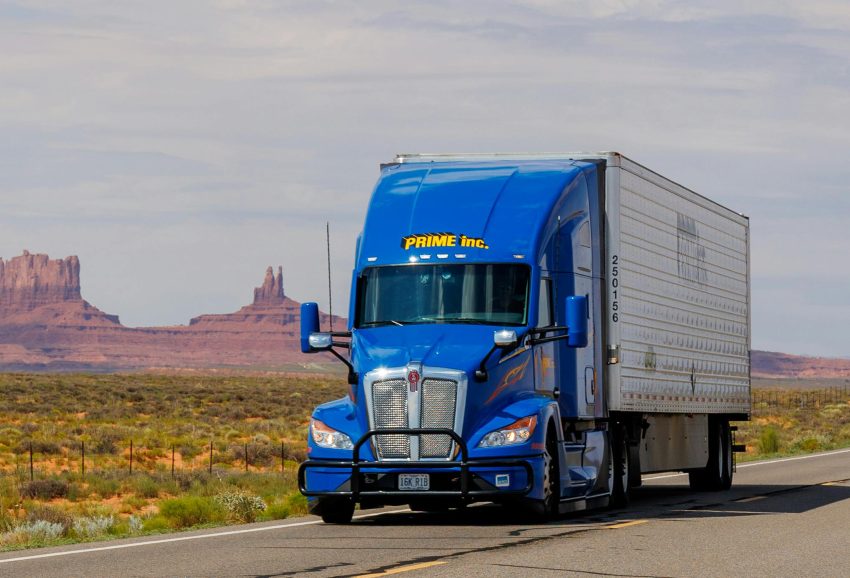What is a C1 Category Driving Licence?
A C1 category driving licence permits individuals to drive medium-sized vehicles, typically weighing between 3,500 kg and 7,500 kg, with a trailer of up to 750 kg. This licence is essential for those looking to operate certain commercial vehicles or larger camper vans, offering greater flexibility than a standard car licence.
Eligibility Criteria for a C1 Licence
To apply for a C1 category driving licence, applicants must be at least 18 years old and already hold a full Category B (car) licence. Additionally, they must meet medical standards to demonstrate they are fit to drive larger vehicles. This usually involves passing a medical examination conducted by a GP or a certified medical professional.
The Application Process
The first step in applying for a C1 licence is completing the D2 application form and the D4 medical form, which needs to be filled out by a doctor. These forms are available from the DVLA or can be downloaded online. Once the medical examination is passed, the completed forms must be submitted to the DVLA along with the current driving licence.
After the documentation is verified, applicants must pass both a theory and practical driving test specifically designed for C1 vehicles. The theory test consists of multiple-choice questions and a hazard perception test, while the practical test assesses the ability to handle a medium-sized vehicle safely.
C1 Licence vs Category B Licence
A standard Category B licence allows individuals to drive vehicles up to 3,500 kg with up to eight passenger seats. In contrast, a C1 licence enables driving vehicles between 3,500 kg and 7,500 kg. This distinction is crucial for those intending to operate larger vehicles, be it for personal travel or professional purposes.
Vehicles You Can Drive with a C1 Licence
With a C1 licence, drivers can operate a variety of vehicles, including small lorries, ambulances, larger camper vans, and certain horseboxes. The specific weight limit of 7,500 kg covers many medium-sized commercial vehicles, making the C1 licence highly valuable for different career paths and hobbies.
Careers Requiring a C1 Licence
Holding a C1 licence opens doors to numerous job opportunities. Industries such as logistics, delivery services, and emergency services often require drivers to possess this qualification. For example, driving an ambulance or a delivery truck typically necessitates a C1 licence. Additionally, those owning or aspiring to own larger camper vans for recreational use will benefit significantly from obtaining this licence.
Preparing for the C1 Licence Test
Preparation is key to successfully obtaining a C1 licence. Familiarise yourself with the vehicle you’ll be using for the test, paying close attention to its dimensions and handling characteristics. It’s beneficial to take a few driving lessons with an instructor experienced in C1 vehicles to hone your skills.
For the theory test, utilise online resources and practice tests to get a feel for the types of questions you’ll encounter. Understanding the rules of the road and hazard perception is crucial for success.
Legal Responsibilities and Regulations
Driving a C1 vehicle comes with significant responsibilities. Drivers must adhere to stricter regulations regarding vehicle maintenance, load security, and driving hours, especially if using the vehicle for commercial purposes. Regular checks to ensure the vehicle is roadworthy and compliant with legal standards are mandatory.
Conclusion
Acquiring a C1 category driving licence offers numerous benefits, from driving a wider range of vehicles to enhancing job prospects in various industries. Whether you’re a new driver, an enthusiast, or a legal adviser seeking detailed information, understanding the process and requirements is crucial. If you’re ready to expand your driving capabilities and unlock new opportunities, consider starting your application for a C1 licence today. The road to greater freedom and potential begins here.
